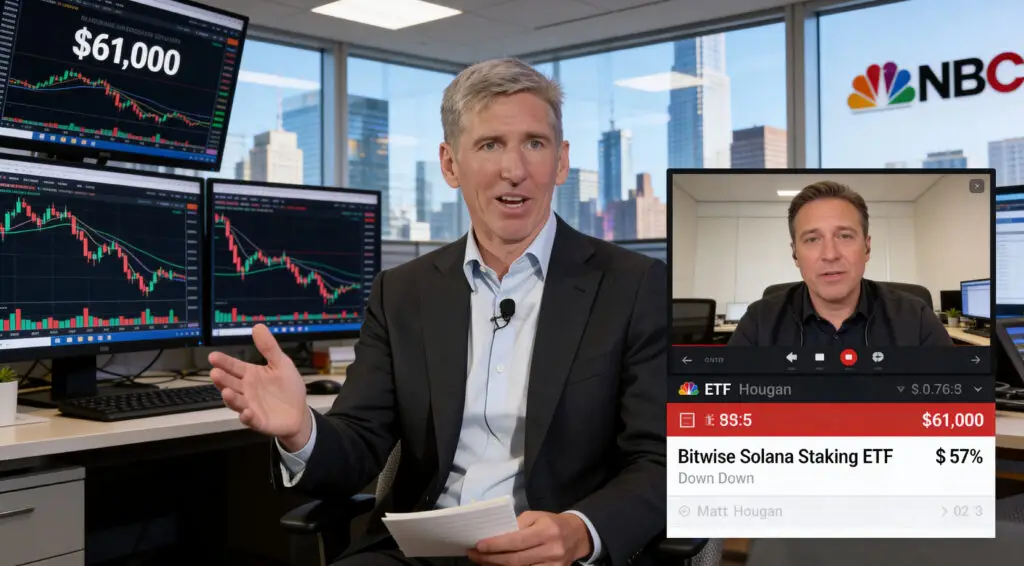President Donald Trump’s trade policies, which include large tariffs on imports from all over the world, have proven to be especially controversial and met with vigorous protests. The president’s self-described “economic revolution,” aimed at reinvigorating domestic industry, has sparked retaliatory action from trading partners and stoked fears of a global recession, in turn exacerbating international tensions.
Trump’s charges on social media only reinforce the narrative enunciated from the White House: America has played the role of a “whipping post” for too long and resorts to spending money crucial to its economy elsewhere. In some ways, he does aim to give every American hope, fabricating new jobs and businesses brought back home. An intriguing paradox Trump pushes forth is relatively blunt: America needs to endure excruciating pain to reap long-term benefits.
Global Retaliation: A Looming Trade War
The aid providing a 10 percent “baseline” tariff as it concerns most U.S. imports, except goods from Canada and Mexico, has received significant and powerful reactions from the rest of the world. China, for example, declared a 34 percent tariff on U.S. goods, which are Trump’s own taxes. They are also planning on suing the U.S. at the WTO and curtailing the shipment of rare earths, which are essential for manufacturing high technology.
Trump’s Claims vs. Global Concerns
Concerns were dismissed by Trump on the grounds of tariffs, where he stated China and the other countries “had been unsustainably bad” for the U.S. The rest of the globe seems to have taken a huge step back due to the growing number of trade wars while making predictions throughout the world of all new possibilities of a recession.
Musk’s Vision: a Free Trade Zone US-EU
During this period of greater trading tension, there is one view that stands in complete opposition. Tesla’s head, Elon Musk, put forward a proposal in support of a trade zone free from tariffs between Europe and America.
“Hands off!” Protests: Global Outrage
The implementation of Trump’s tariffs The United States and Europe simultaneously witnessed “Hands Off!” protests at the same time. It coincided with the extensive coverage of his tariffs. Estimators claim that as many as 1,200 demonstrations took place, which translates to disunity regarding the policies of the government.
A Diverse Coalition: Protest That Spiked International Boundaries
Indivisible, which condemned the “authoritarian overreach,” was able to gain traction and support from activist groups all over the country. Not only in the United States, rallies took place in Canada, Britain, France, Germany, Mexico, and even Portugal, which makes this movement borderless, ultimately proving how global the anti-Trump movement is.
European Demonstrations That Blended Support and Denunciation
American Trump supporters turned towards the British, Germans, and French for support, and performers were spotted all over Europe from the US who opposed Trump joining the cause. Messages like “Hand off Canada,” “Save Democracy,” and “Resist Tyrant” on banners were paraded, making it clear that the world is globally worried about his reign.
Economic Disruption: The Burden of the Economy
Trump’s tariff policies greatly affect the automotive industry. Jaguar Land Rover Automotive, a British car manufacturer, hit pause on shipments to the US because of the 25 percent tax on their vehicle imports. These actions show signs of immense economic disturbances across multiple industries.
Conclusion: A World on Edge
The repercussions of Trump’s “economic revolution” response have already been felt internationally with retaliatory tariffs, protests erupting across various nations, and a heightened sense of economic instability. The repercussions of an ongoing trade war have the capacity to redefine global politics and the economy for decades.















